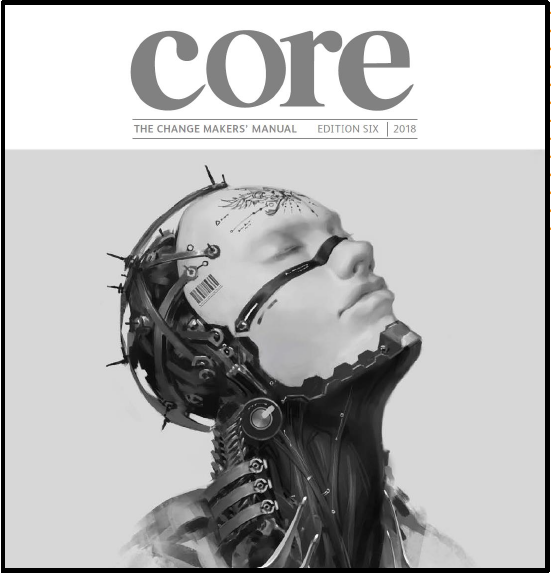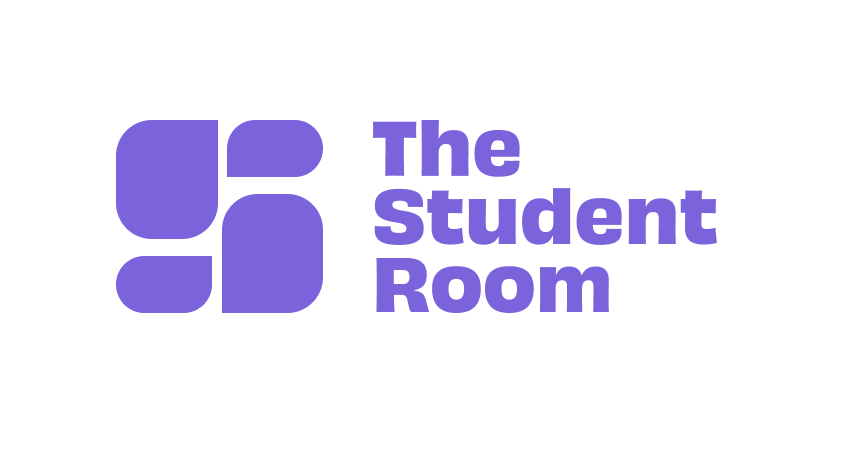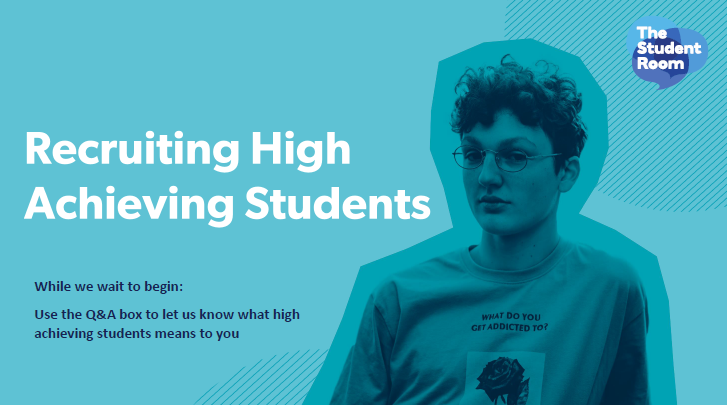Recruiting high achieving students
Assets from webinar held on 17 June 2020
A chance to reposition your thinking about how to engage with high achieving students, from the UK's largest student community: The Student Room.
Download the full webinar content:
Recruiting high achieving students
Presenters: Lorna Greville (Education Account Director)

How do we define high achieving students?
Just thinking of High Achievers in terms of their grades is easy, but this approach ignores wider context and removes important nuances relating to this audience. We're interested in personality traits, not just those who had access to the best education. Our first party data and key insights reveal what to consider when marketing to High Achievers:
- Context is key - Grades are a relative measure, depending on your university's standards, and they aren't always a reliable indicator of high achievers
- Fiercely competitive - One thing high achievers have in common is a competitive streak that runs through all areas of their life
- Anxious - High achieving students are more likely to carry self doubt and anxiety into the application process
- Curiosity - High Achievers are deeply interested in the world around them and tend to hold strong opinions
Interestingly, posting on our site shows this group has a disproportionate share of mental health issues, such as anxiety. High Achievers hold themselves to very high standards:
"I have completed Bio, Maths and Chem over two years, and am predicted A*A*A*. I will take a gap year out to study Physics and Further Maths in one year and i think I'll get A*A*. I run a YouTube channel helping people with their studying and do Jiu Jitsu. Do I have what it takes to be accepted by Oxbridge? I haven't really done engineering specific projects. I'm going to get work experience however."
Engineering applicant, The Student Room
Defining high achievers by onsite behaviour
We analysed High Achievers' online behaviour and compared it with our wider Year 12/13 audience. Here's a sample of the most significant trends:
- 52% of High Achievers are actively engaging with our "Applying to University" content (compared with 16.1% of all Year 12/13s)
- High achievers are more than twice as likely to be seeking careers advice (10.1% of High Achievers vs. 4.4% of all Year 12s/13s)
- 6% of High Achievers are already active in postgraduate forums
- 13.5% of High Achievers are also in the Young Thinkers forums (vs 5.3% of Year 12/13)
High achievers are broadly forward-thinking, opinionated and interested in world affairs. For example, many High Achievers participate in our Model House of Commons - a forum devoted to improving UK laws in a Parliament model setup.


Primary motivations of High Achievers
We've identified four key motivational factors for the High Achievers audience, but these can overlap. For example, a student planning to study Medicine could be motivated by their Career aspirations and Helping others.
- Career - these High Achievers are living into their futures, they need a degree to give them access to their chosen profession. e.g. Engineering. Key messages might include: earning potential, prestige, future job satisfaction, career prospects.
- Subject interest - these students may or may not have a career goal in mind, but they're passionate about their subject and are learning for pleasure. e.g. English Literature. Key messaging might involve emphasising how much your current students are enjoying the course, the quality of teaching, the course content and student satisfaction levels.
- Loafing - this group is looking for the easiest route to achieve their goals. If they can get away with doing the bare minimum, they will. But this doesn't mean they won't succeed. Behind the Careers group, this group is most likely to choose a degree because "it's very competitive and I'm an achiever". They might choose a subject they are already good at in school. They are less likely to choose an unfamiliar subject that might be difficult e.g. Medicine. Key messaging might include: pass rates, course contact hours/exams/essays, how good they will look to employers with the qualification and how it will make it easier for them to enter the job market.
- Helping others - this group thinks at the level of community and is motivated by a desire to benefit society or those in need. e.g. Nursing. Key messaging would include the positive impact students will have on vulnerable individuals when they graduate, how your course will allow them to lead a meaningful life, and examples of Alumni who have made a difference.
Channels and tactics
Create a structured communications plan to inspire prospective students - you can do this through your CRM. By using effective multi-channel storytelling you can make it clear that you care about their interests. Why not try platforms that appeal to students, like TikTok, YouTube, podcasts and Instagram? Here are some great examples of universities using content to engage High Achievers:
UCL - #MadeatUCL Podcast
Podcasts are excellent for storytelling. #MadeatUCL showcases the impact UCL graduates and academics are making to improve lives, support communities and create an impact in the world.
University of Warwick - Core Magazine (pictured)
The university refers to this magazine as "the change makers' manual". The premium design reflects the brand's commitment to quality, professionalism and innovation.
UEA - Partnership with The Student Room
We created a bespoke hub of articles, quizzes and videos, called Student Life. The project boosted the number of students who would “definitely consider” applying by 80%.

Key takeaways
- Use healthy aspirational messaging to trigger high achievers' competitive natures - but avoid making them feel anxious
- Map your courses to extrinsic and intrinsic motivational factors and run subject-specific campaigns - think: career, subject interest, loafing, helping others
- Content is king - try podcasts, short-form video, social media, magazines and other mediums to engage students
- Don't wait until Year 12 to connect - early engagement with students, parents and key influencers is key, especially with High Achievers
- Get close to your PR team - this will ensure the student recruitment angle is front-of-mind when they're writing CTAs for their pieces
- Your conversion communications plan is essential - include marketing activities, lead nurturing and the student decision-making journey
- High Achievers really need to be nurtured - they're good at lots of things so they have the luxury of being able to change their minds about courses

